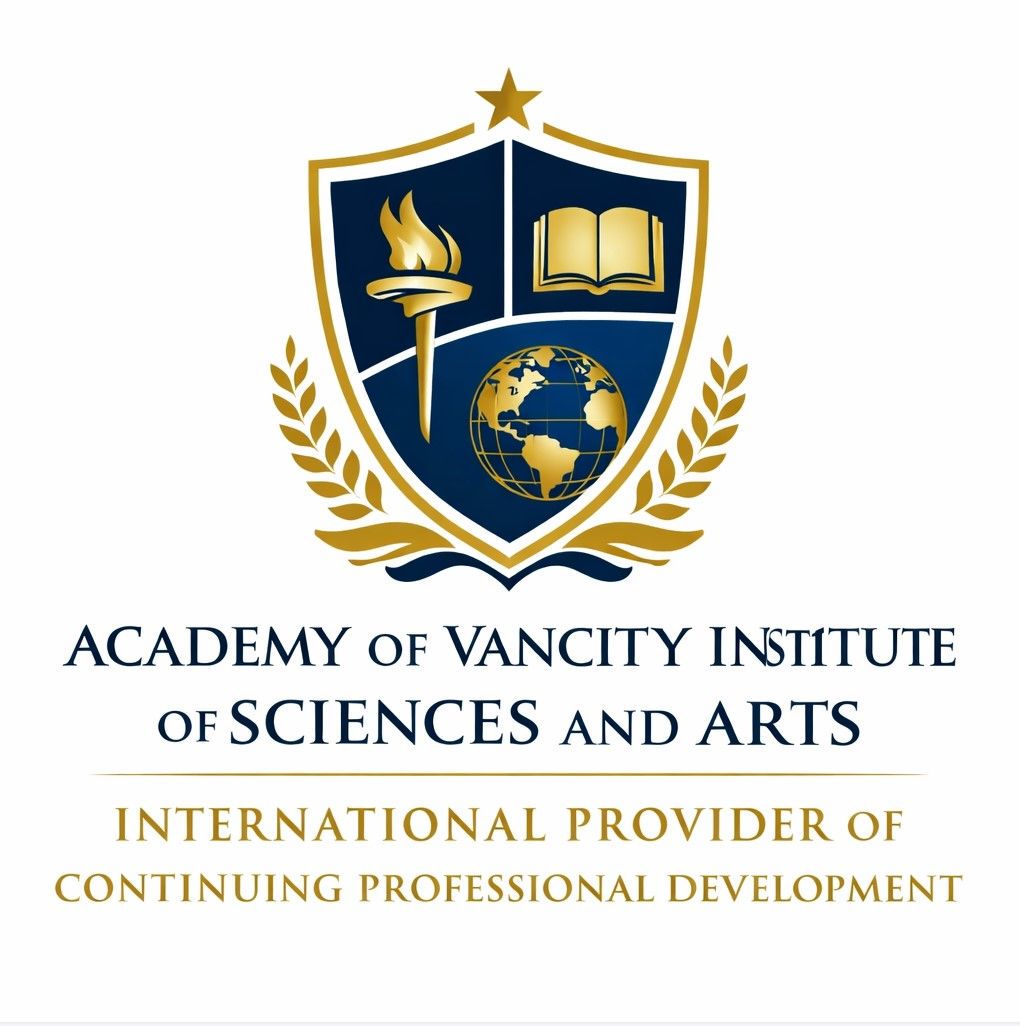Power Engineer Series 2 - A1
20 Hours
This 20-hour online course will go through the following topics:
Module 1 (1hr 50mins)
1. A.S.M.E. Code, Calculations
• Introduction
• Material Property Lookup
• Tubing Thickness and MAWP Theory
• Tubing Thickness Calculations
• Tubing MAWP Calculations
• Drums, Headers, Piping Calculations
• Drum Thickness Calculations
• Dished and Hemispherical Heads Theory
• Dished Heads Sample Calculations
• Hemispherical Heads
• Safety Relief Valve Capacity
Module 2 (1hr 10 mins)
2. Industrial Administration
• SOPEEC - The History of Standardization of Power Engineers in Canada
• Canadian Acts & Standards, British Columbia Safety Standards Act -
POWER ENGINEERS, BOILER, PRESSURE VESSEL AND REFRIGERATION SAFETY REGULATION (PDF file Reading)
• Boiler And Pressure Vessel Regulatory Amendments
Module 3 (2hr 35mins)
3. Applied Mechanics
• Linear Motion - Indicated Power
• Rigid Bodies Relative Motion Analysis
• The Relationship Between Force, Mass and Acceleration
• Angular Motion and Torque
• Motion in a Circular Path: Centripetal vs Centrifugal
• Friction
• Moment of a Force, Couple Moments
• First Moment of Area - Centroid of a Complex Shape, Second Moment of Inertia and How is it Calculated
• Thermal Stress and Strain
• Understanding Shear Force and Bending Moment Diagrams
• Torsion
• Pressure of liquids
• Understanding Bernoulli's Equation, Flow Measurement: Orifices
Module 4 (2hrs 05mins)
4. Thermodynamics
• Heat and Temperature
• Heat Transfer - Conduction, Convection, and Radiation
• Mechanical Equivalent of Heat
• The First Law of Thermodynamics: Internal Energy, Heat, and Work
• Kinetic Molecular Theory and the Ideal Gas Laws
• Dalton's Law and Partial Pressures
• Adiabatic Process - Work, Heat & Internal Energy, Gamma Ratio
• Using a Temperature-Entropy Diagram for Water
• How to Read Mollier Diagram, Steam Properties
• Pressure-Enthalpy Diagram for a Rankine Cycle, Carnot Cycle, Otto Cycle, Diesel Cycle, Brayton Cycle
• Heat Engines, Thermal Efficiency, & Energy Flow Diagrams
Module 5 (2hrs 20mins)
5. Metallurgy
• Nonferrous Metals
• The Element Copper, Lead, Tin, Aluminum
• The Structure of Metals
• Metal & Alloy Structures - Iron-Carbon Phase Diagram
• Heat Treatment - Types, Process and Structures
• Welding Symbols
• Metallurgical Applications/Specifications to Power Plant Piping and Tubing
• Electrochemical Corrosion
• Corrosion Electrochemical Cell or Corrosion Cell
• Forms of Corrosion, Corrosion Testing and Monitoring
• Corrosion Prevention
Module 6 (1hr 39mins)
6. Testing of Materials
• Introduction to Material Testing
• Mechanical Testing of Materials and Metals
• Failure Fatigue and Creep, Corrosion Testing For Steel
• Weld Discontinuities and Defects
• Nondestructive testing (NDT)
Module 7 (3hrs 29mins)
7. Boiler
• How Steam Generator/Steam Boiler Work
• The Factors to be Considered in Designing a Steam Generator
• Steam Systems - Steam Boiler
• Steam Boiler Ratings Explained
• Heat Transfer - Conduction, Convection, and Radiation
• Circulation in Boilers
• Boiler Basics Design and Application
• Basic Boiler Safety, Operations, and Procedures
• Understanding How a Boiler Works – Maintenance and Safety
Module 8 (1hr 51mins)
8. Pumps
• Overview of Pumps, Pumps Systems and Pump Selection
• Systems Approach in Selecting and Sizing the Centrifugal Pumps
• How Multistage Centrifugal Pumps Work
• Multistage Centrifugal Pump Maintenance
• Pump Mechanical Seal Selection
• Axial Thrust Management: Balancing Disk and Drum in Multistage Centrifugal Pumps
• Boiler Feedwater Pump Recirculation Valve Operation Overview
• Centrifugal Pump Control
Module 9 (2hrs 54mins)
9. Water Treatment
• Water: Sources & Impurities
• Power Generation Water Treatment
• Water Quality and Pollution, Contaminants & Testing Procedures
• How to Use Calculated pH from Conductivity to Validate Water Cycle pH Measurements
• Water Quality Sampling and Analysis
• Cooling Water Treatment Fundamentals
• Wastewater Treatment
• Chemical vs. Biological Wastewater Treatment
• Potable Water
By the end of the in-depth course, learners will have a better understanding of the subjected topic and gain better knowledge
The goal of the presentation is NOT to elaborate on the details but to educate the learners on how to work effectively for the best outcomes.

